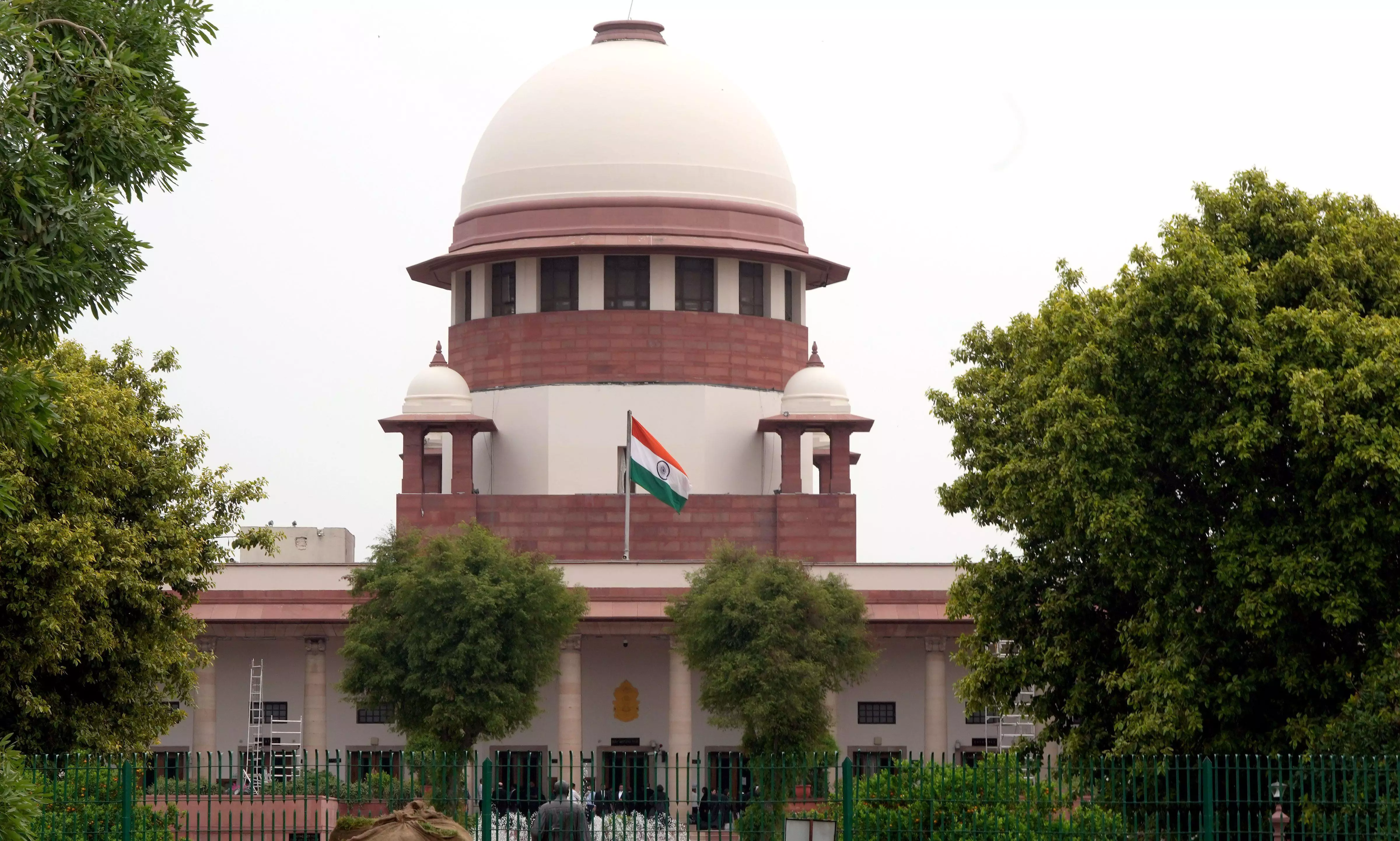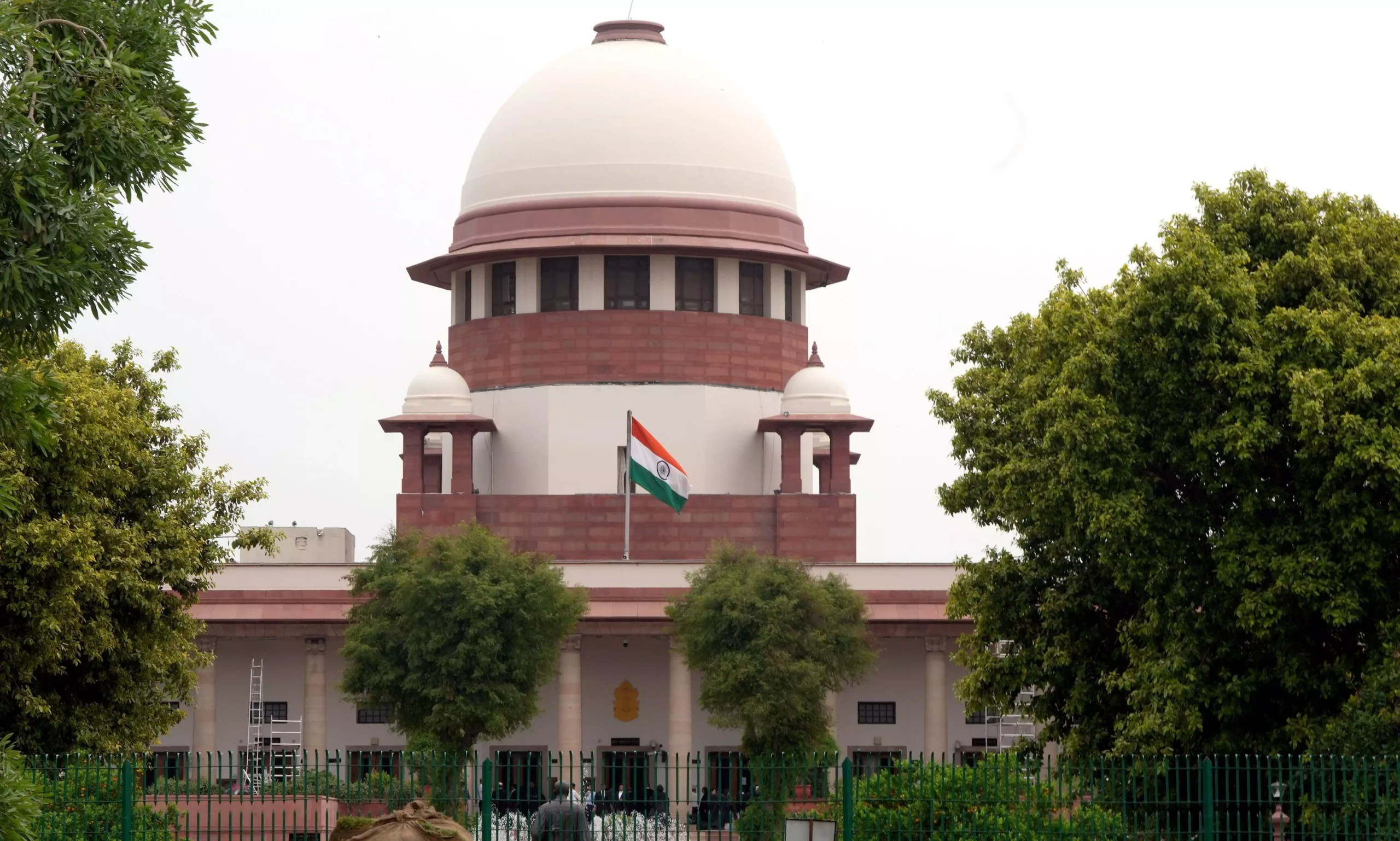
Childish truculence is writ all over the Narendra Modi-led new minority government’s reaction that the water leaking in the grand lobby of the new Parliament building was a minor matter, a “so what, huh!” event. For the far bigger and more politically consequential matter of the Schedule Caste and Schedule Tribe sub-categorisation by state governments, enabled by the landmark order of the Constitution Bench of the Supreme Court, the “so what” posture will not do.
Judged by the Supreme Court of 2024, identifying SCs and STs by “different degrees” of economic and social backwardness relative to other groups within SCs and STs is necessary to fulfil the promise of equality and justice. The court held that some SCs and STs even after reservation kicked in have been left behind. By identifying these sub-castes and listing them for reservation benefits, the necessary correction would have been made to satisfy the principle of equality, the judgment held.
The Supreme Court has sensibly recognised that “the inclusion [in the presidential list] does not automatically lead to the formation of a uniform and internally homogenous class which cannot be further classified”. By recognising that there are the relatively worse off within the SC/ST communities, the Supreme Court has obviously opened the door compelling the states to identify the “creamy layer” within.
The decision is pointed; relative deprivation or discrimination or backwardness must be “quantifiable and demonstrable” with adequate data to verify the social and economic condition of the group. By adding that notifications categorising a sub-caste as SC cannot be a matter of “whims or as a matter of political expediency”, the Supreme Court judgment is trying to protect what it has enabled from manipulation by vested political interests and the compulsions of electoral politics.
The actuality of variations in the status of SCs and STs among the states and Union territories is a matter of concern for state governments faced with the pressure from some sub-categories that continue to feel deprived and discriminated and in need of special attention. By hoisting a barricade against expediency, the Supreme Court judgment has made it clear that the ruling side led by the BJP in Maharashtra should not take advantage to announce the long sought after reservation for Marathas.
Conceding the demand will be a potential game-changer for a party like the BJP that is short of strong Maratha leaders who can swing votes away from Sharad Pawar’s Nationalist Congress Party and Uddhav Thackeray’s Shiv Sena. The same would be true for Haryana, where micro-managing the sub-categories of Dalit votes could potentially be a face-saver for the BJP, after its electoral debacle in the recent Lok Sabha elections.
The Supreme Court has drawn on the precedent which implies that these are now settled principles of how the Constitution is to be understood in the 21st century and thereafter. It remains to be seen how Article 341, which gave the President effective monopoly in deciding which communities to include or exclude from the list of SCs and STs, and the 102nd Amendment of Article 342A, passed in 2018, that made Parliament the final arbiter to “specify the socially and educationally backward classes” in relation to that state or Union territory, fits into the new order of things.
A Centrally-controlled list that had stalled the inclusion of Madigas in Telangana as a sub-category within the SC group, the Paswans in Bihar, the Jatavs in Uttar Pradesh and the Arundhatiyars in Tamil Nadu as sub-categories has now been removed. The reactions of the chief ministers of Tamil Nadu and Telangana, M.K. Stalin and A. Revanth Reddy, confirm the political impact of the Supreme Court’s decision.
In Bihar, where elections are due in early 2025, the quantifiable and demonstrable test of relative deprivation is a time bomb waiting to explode for the Nitish Kumar-led Janata Dal (United)-BJP alliance. Having fought with the Modi government over the legitimacy of its caste survey, what will Nitish Kumar do now? He has the data. Will he insist on using it to identify sub-castes and Muslims within these sub-castes and offer them reservations?
Chest-thumping posturing that amendments to the Constitution that violate its sanctity will be defeated because these are conspiracies by the Congress and the Opposition to pamper vote banks and divide the people will not work either. The judgment is perfectly clear that categorisation henceforward has to be based on data.
The BJP’s problems are not limited to managing its allies like Nitish Kumar or N. Chandrababu Naidu of Andhra Pradesh, where the Madigas have hailed the Supreme Court decision. Neither friend nor foe parties like the Bahujan Samaj Party have chipped in with its demand that listed reservation beneficiaries should be put into the Ninth Schedule of the Constitution.
The BJP is now in a fix. Its aversion to data is evident in its stubborn and harmful delays on announcing the start of the population census. The Modi government has withheld data on the Caste Survey of 2011, releasing bits and pieces that fit its political purposes over the years. However much it may be a “sensitive domestic issue” as RSS leader Ram Madhav has described it, the Sangh Parivar cannot duck addressing it. To say nothing or worse do nothing in BJP-ruled states would alienate the sub-castes demanding separate listing as a quick fix on their grievance of relative deprivation. To do something would require the Modi government to conduct a caste survey.
There are voices that are growing louder from within the BJP ranks that have welcomed the expansion of the list of identified SCs and STs. The reaction of a BJP stalwart from Varanasi, Bizay Sonkar Shastri, who was the National Commission for Scheduled Castes and Scheduled Tribes chief during Atal Behari Vajpayee’s government, was unambiguous: “those who have not got the benefit for long” need to be helped, he said. The cleavages within the BJP are now out in the open.
The data in the 14-year-old socio-economic caste census of 2011 is now outdated. A new census on caste is necessary to meet the condition laid down by the Supreme Court. The Modi government has a choice; it can notify that the long-delayed Census, including a caste census, be held immediately, or it can stop attacking the states, albeit all Opposition-ruled, that have either conducted such surveys or will now do so. The time for eating his cake and having it too on data is clearly over for the Prime Minister.
